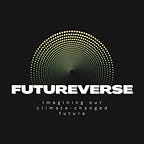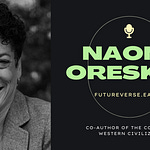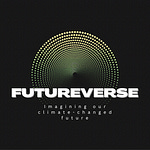In the latest episode of Futureverse, Molly Wood and Ramanan Raghavendran interview American novelist and essayist Nathaniel Rich. Listen as they delve into the complexities of climate activism, political challenges, and literary reflections on the environmental crisis through Rich’s climate-inflected fiction and nonfiction works, Odds Against Tomorrow, Losing Earth: A Recent History, and Second Nature: Scenes from a World Remade.
They discuss the moral tensions underlying financial and moral choices, highlighting the gray areas in navigating our troubled economic landscape. From the failures of past political processes to the emergence of youth-led activism, they explore the evolving language and emotional resonance driving climate discourse.
Discover how literature grapples with the post-natural world, offering narratives that challenge traditional views of wilderness and human impact. Tune in for a thought-provoking conversation on the urgent need for nuanced storytelling and meaningful policy responses in the face of environmental upheaval.
The full transcript is available by clicking above. This episode is also available on Apple Podcasts and Spotify.
Highlights
[01:49] Nathaniel Rich's journey into focusing on climate change
[08:53] Climate change and the importance of self-reflection
[12:40] "Odds Against Tomorrow" and how climate change is portrayed in the book
[15:09] Financial vultures in capitalizing off disaster
[17:25] What is morally right in a capitalistic system?
[20:28] Reaching solutions on climate change despite political consensus
[24:26] The framing of hope versus despair is an oversimplification
[27:28] How the language around climate change has shifted in the last five years
[28:16] The concept of a post-natural world is a realistic view
[31:33] Exploring the complexities and trade-offs of our current predicament













